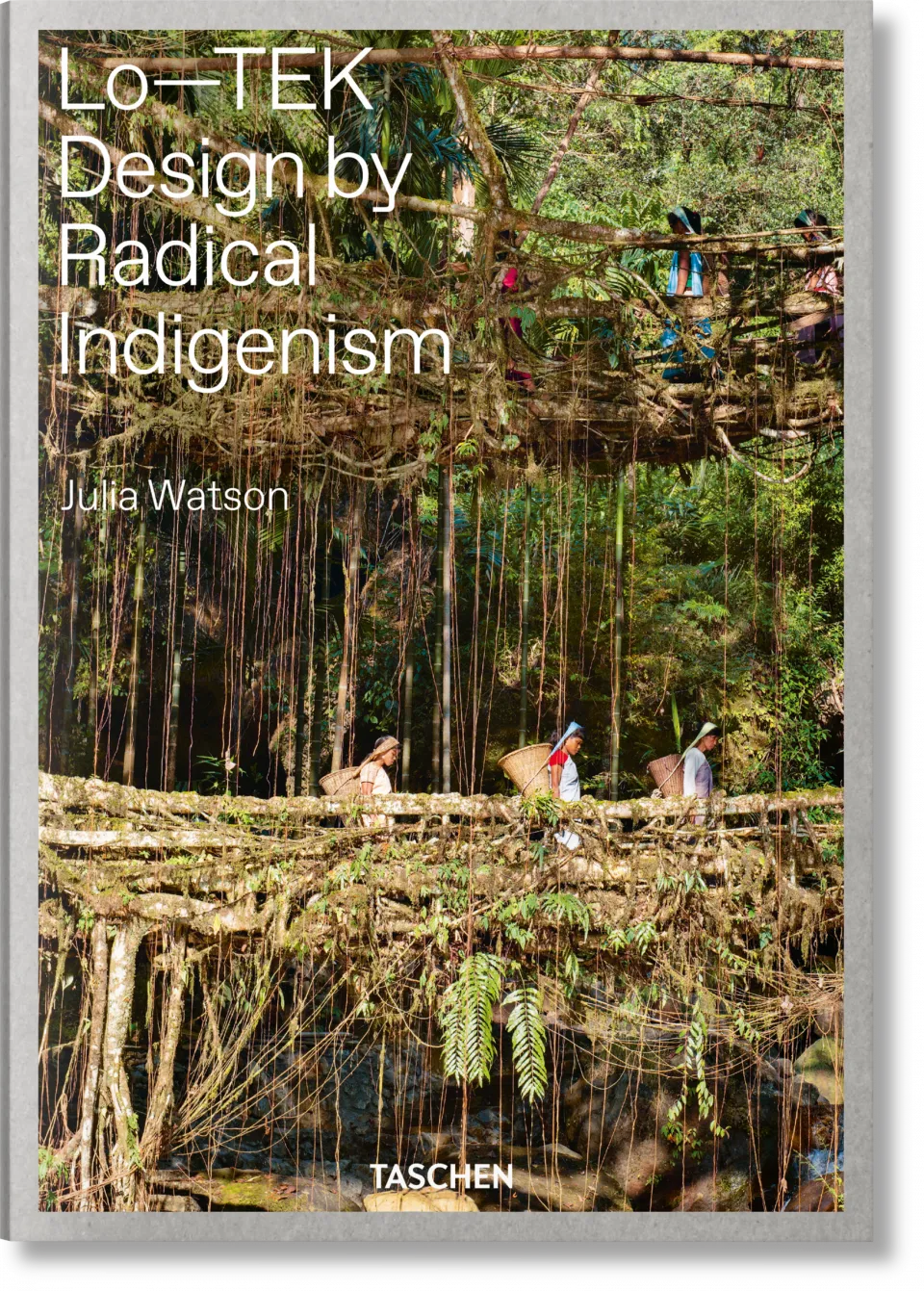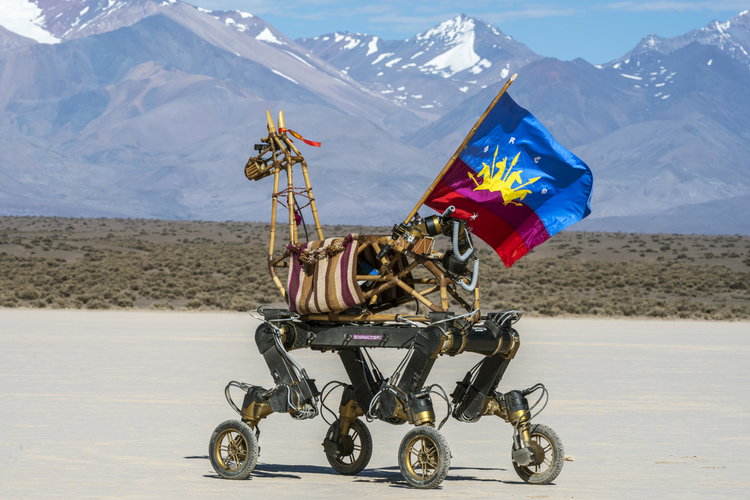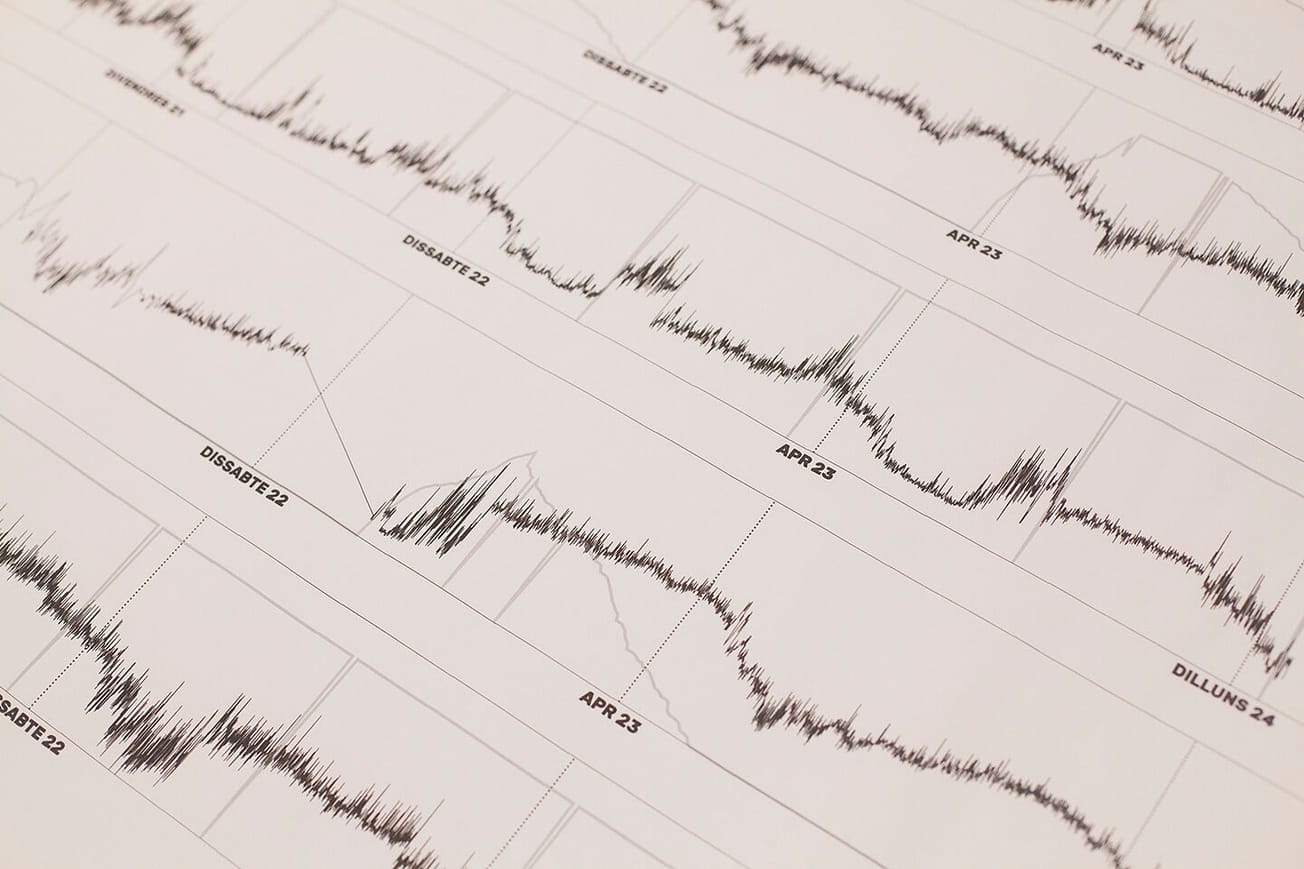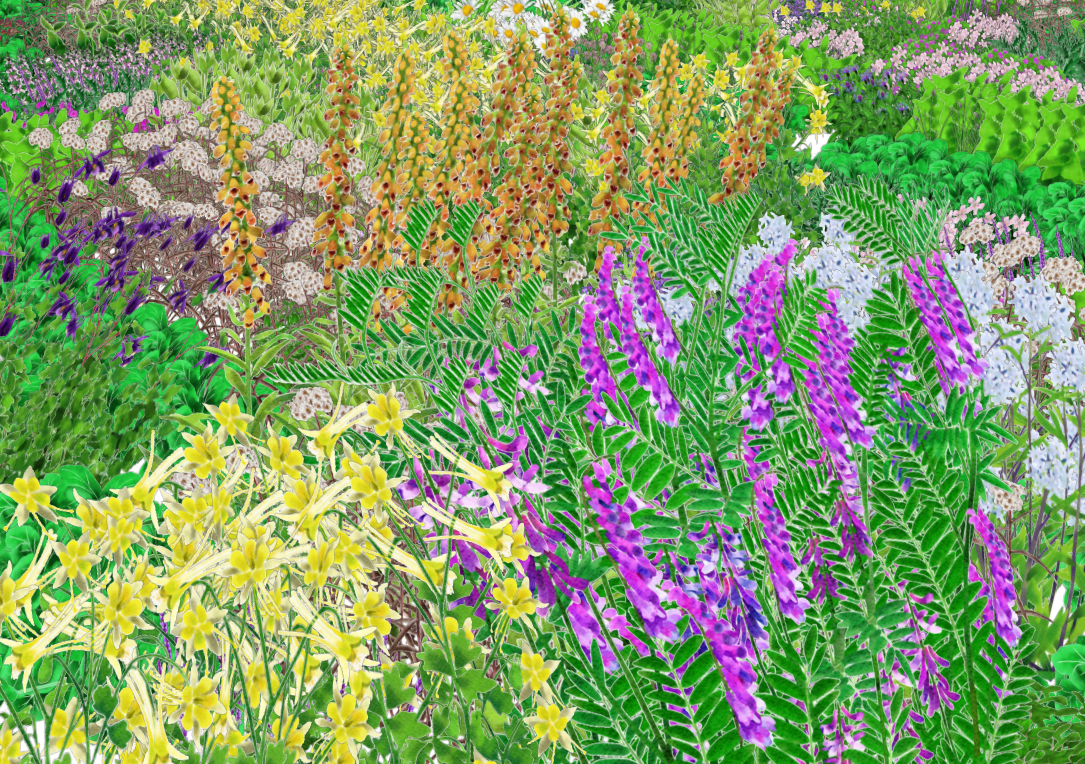Three hundred years ago, intellectuals of the European Enlightenment constructed a mythology of technology. Influenced by a confluence of humanism, colonialism, and racism, this mythology ignored local wisdom and indigenous innovation, deeming it primitive. Today, we have slowly come to realize that the legacy of this mythology is haunting us.
Designers understand the urgency of reducing humanity’s negative environmental impact, yet perpetuate the same mythology of technology that relies on exploiting nature. Responding to climate change by building hard infrastructures and favoring high-tech homogenous design, we are ignoring millennia-old knowledge of how to live in symbiosis with nature. Without implementing soft systems that use biodiversity as a building block, designs remain inherently unsustainable.
Lo―TEK, derived from Traditional Ecological Knowledge, is a cumulative body of multigenerational knowledge, practices, and beliefs, countering the idea that indigenous innovation is primitive and exists isolated from technology. It is sophisticated and designed to sustainably work with complex ecosystems.
With a foreword by anthropologist Wade Davis and four chapters spanning Mountains, Forests, Deserts, and Wetlands, this book explores thousands of years of human wisdom and ingenuity from 18 countries including Peru, the Philippines, Tanzania, Kenya, Iran, Iraq, India, and Indonesia. We rediscover an ancient mythology in a contemporary context, radicalizing the spirit of human nature.
The tactile reading experience of Lo―TEK reflects the ingenuity of carefully selected projects with sophisticated design details: copper highlights the value of ancient knowledge, a cardboard hardcover echoes rawness, and the Swiss binding showcases an open spine and reveals the construction of the book, just as the book discloses hidden technological knowledge.
Designer, activist, academic and author Julia Watson is the principal of her eponymously named design studio working at the intersection of anthropology, ecology, innovation, and collaborates as Watson Salembier, a full-service landscape & urban design studio specializing in rewilding. Julia also lectures and consults with Fortune 500 companies to align their missions with global sustainability goals, by designing and implementing systemic change for their Sustainability, Innovation & Futures sectors. She regularly teaches Urban Design at Harvard and Columbia University. After graduating from Harvard with the highest award for her work on conservation and spiritual landscapes, she has been published in ioARCH, Topos, Seacities, LAF, The Philosophy of Dumbness, Nakhara Journal, Water Urbanisms East, World Heritage Sites and Living Culture of Indonesia, and co-authored the Spiritual Guide to Bali’s UNESCO World Heritage with Dr. J. Stephen Lansing.
Can ancient fixes save our crisis-torn world?… [Lo―TEK. Design by Radical Indigenism] is the result of a decade of travelling to some of the most remote regions on the planet, interviewing anthropologists, scientists and tribe members. [Watson] carefully documented their indigenous innovations using the landscape architect’s language of plans, cross-sections and exploded isometric diagrams to explain clearly how they work.– THE GUARDIAN





